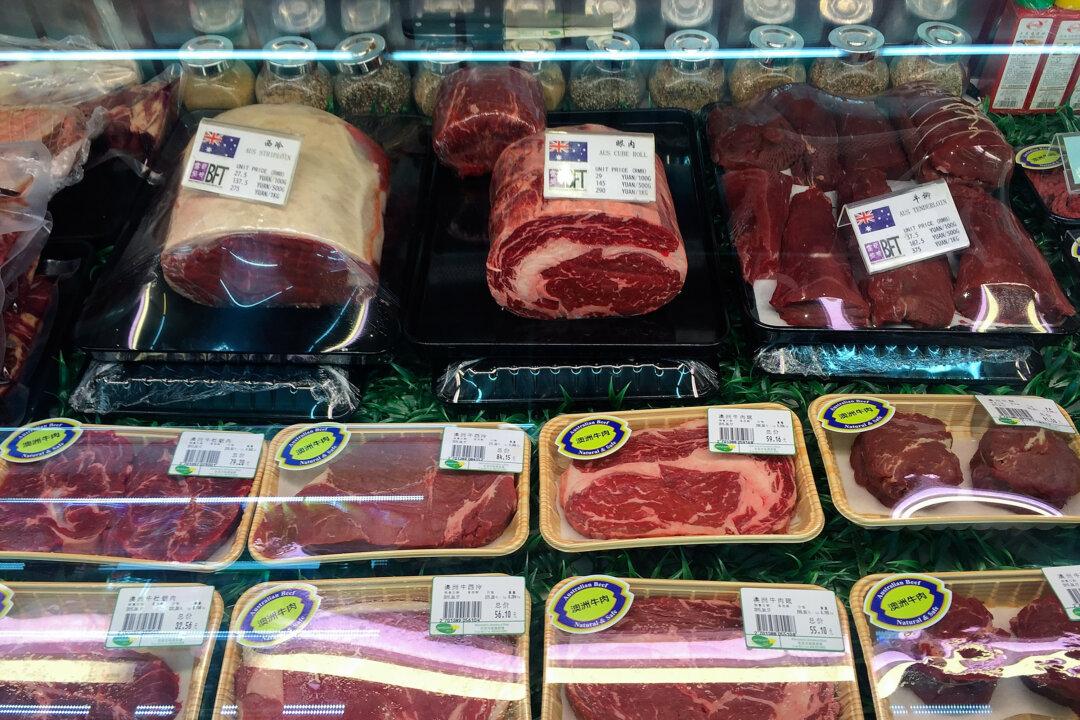China has suspended imports from four Australian abattoirs in an escalation of trade tensions between the two nations.
The suspension comes days after China announced plans to slap an 80 per cent tariff on Australian barley.

China has suspended imports from four Australian abattoirs in an escalation of trade tensions between the two nations.
The suspension comes days after China announced plans to slap an 80 per cent tariff on Australian barley.